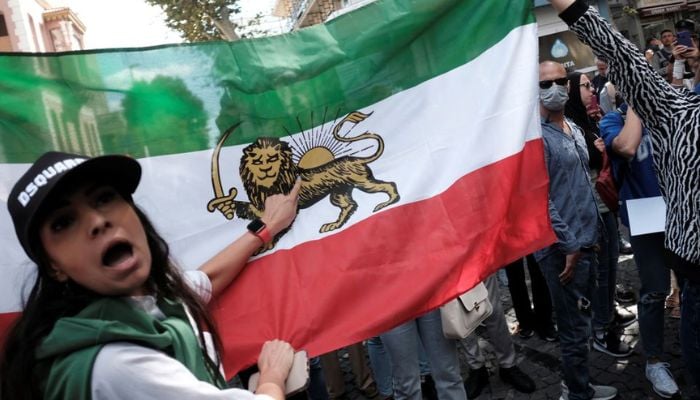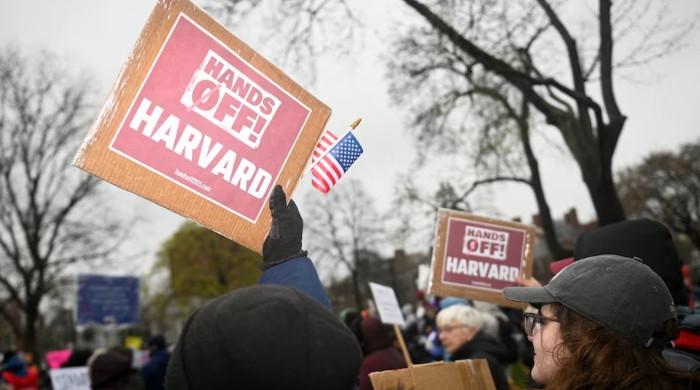As unrest grows, Iran restricts access to Instagram, WhatsApp
Iran has often curbed internet access to make it difficult for protesters to post videos on social media to generate support
September 22, 2022

- Protests against morality police surge in Iran.
- Iran curbed access to Meta Platforms' Instagram and WhatsApp.
- NetBlocks also reported "nation-scale loss of connectivity".
Iran curbed access on Wednesday to Meta Platforms' Instagram and WhatsApp, two of the last remaining social networks in the country, amid protests over the death of a woman in police custody, residents and internet watchdog NetBlocks said.
Last week's death of 22-year-old Mahsa Amini, who was arrested by morality police in Tehran for "unsuitable attire", has unleashed anger over issues including freedom in the Islamic Republic and an economy reeling from sanctions.
NetBlocks also reported a "nation-scale loss of connectivity" on Iran's main mobile telephone provider and another company's network.
WhatsApp's servers have been disrupted on multiple internet providers, hours after Instagram's services were blocked, London-based NetBlocks said.
The group's data shows a near-total disruption to internet service in parts of Kurdistan province in west Iran since Monday, while the capital city of Tehran and other parts of the country have also faced disruptions since Friday when protests first broke out.
Two residents in Tehran and southern Iran said they could only send texts and not pictures on WhatsApp and that Instagram appeared to be completely blocked.
Iran has often curbed internet access to make it difficult for protesters to post videos on social media to generate support and also to obtain reliable reports on the extent of the unrest.
In 2019, the government shut down the internet for about a week to help stifle fuel protests which turned political, sparking the bloodiest crackdown in the 40-year history of the Islamic Republic.
Protests have been particularly intense in Kurdistan where Iran's Revolutionary Guards has a history of suppressing unrest.
Iran's minister of communications said earlier on Wednesday he had been misquoted after news outlets cited him as saying the authorities might disrupt internet services for security reasons.
Social media websites such as TikTok, YouTube, Twitter and Facebook are routinely blocked in parts of the Islamic Republic, which has some of the strictest internet controls in the world. But tech-savvy residents bypass curbs using virtual private networks (VPNs).
Meta and Iran's Ministry of Foreign Affairs did not immediately respond to requests for comment.











